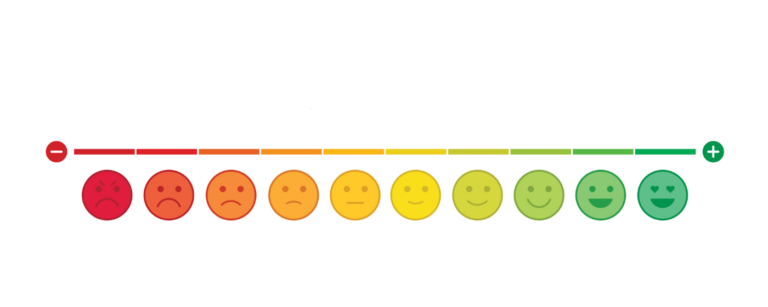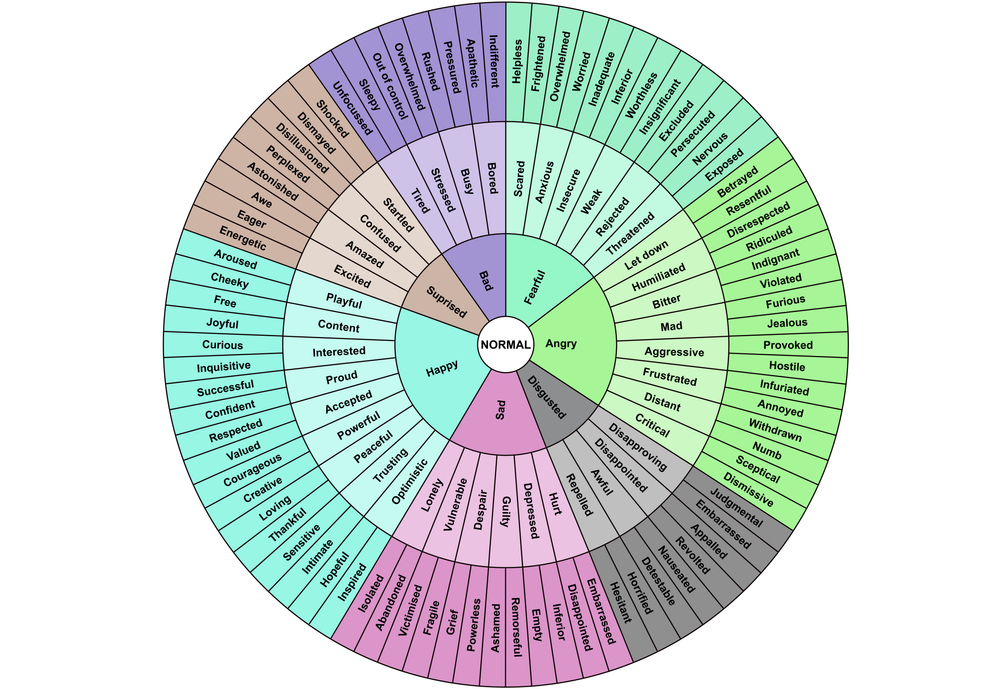
We’ve all been there, haven’t we? We ask our teen a simple question and the next minute, they are snarling, shouting and slamming doors and we are left wondering what happened.
Sometimes our teens do not have the language to talk about their feelings so they let their behaviour do the talking. This can be in the form of moodiness, angry outbursts or crying. Sometimes we might feel that they are over-reacting or take their behaviour personally and then react with our own emotions, leading to arguments and conflict.
Remember: every behaviour has a positive intention, even if it seems negative on the surface. What is your teen trying to tell you through this behaviour?
Young people often feel like they go from 0 – 100 in seconds but when we break that down we can always identify a build up to the explosion. In my experience, some teens struggle to find the language to express how they are feeling, often resorting to only “happy” or “sad” or even not knowing how to put a word with a feeling at all.
There are some great ways that can help enable our children to develop emotional language:
- Whenever possible, explain to them how you are feeling. For example, if somebody cuts you up when you are driving, explain the feeling that bubbles up inside you and tell them that it makes you feel angry and scared. This normalises expressing feelings.
- Help your teen to find words for their emotions. It can be helpful to label the emotion for them by saying things like: ‘Oh, that sounds really frustrating,’ or, ‘That’s brilliant. I can tell how excited you are.’
- Encourage your teen to talk about their feelings. Create an environment where it’s safe to talk openly about feelings and emotions. I read somewhere about a father who gave a note to his child which said: “If you are afraid to tell me something, bring me this note as a reminder that I am here to support you. I promise that I will not get angry. We will find a solution together.”
- Use “I” rather than “you”. Try: “I’m wondering if you feel tired. I remember similar things happening to me.”
- Help your teen to recognise the signs about how others may be feeling. Whilst watching TV programmes or the news, ask open-ended questions to help your teen step into the shoes of a character or person. Say, “How do you think that made him feel?’ or, ‘How would you feel if that happened to you?”
- Encourage them to think about how others are feeling in real life situations. You could say: “That woman wasn’t very kind to us, was she? How do you think that she was feeling?”
- Teach your teen how to calm down. When emotions are running high, encourage them to take three deep breaths or name 5 things they can see, 4 things they can hear, 3 things they can smell, 2 things they can taste, 1 thing they can touch. After that, encourage them to go and do something they find calming and relaxing. It can take between 20 minutes and 2 hours for a teenager to be able to reconnect with the rational part of their brain when they have become overwhelmed.
- Teach children alternative ways of expressing their frustrations. If your teen is reacting with anger, ask them an open-ended, empowering question to help them feel that they have choices. For example, say, “Can you think of a different way to let him know how upset you are?”
- Model how to remain calm and in control when you are tired, angry or fed up. Say, “I’ve had a tough day at work – can we talk about this later when I’ve had a chance to relax?” or “I’m feeling frustrated, so I am going out for a run.”
- Use day to day opportunities such as when preparing meals. Often during these situations, teens will let their guard down and emotions may come out.
- Create a scale of emotions. You could create a scale of 1- 10 and assign a different word to each number (see below). Then instead of asking your teen for a word, you could just ask them for a number.

- Use a wheel of emotion to help your teen more accurately express how they are feeling (see below).

As parents, we want our children to live life to the full and to do this, they must be comfortable with experiencing their full range of feelings. To fully experience joy and excitement, they must also be able to be open to feelings such as sadness and frustration and understand how to process them.

